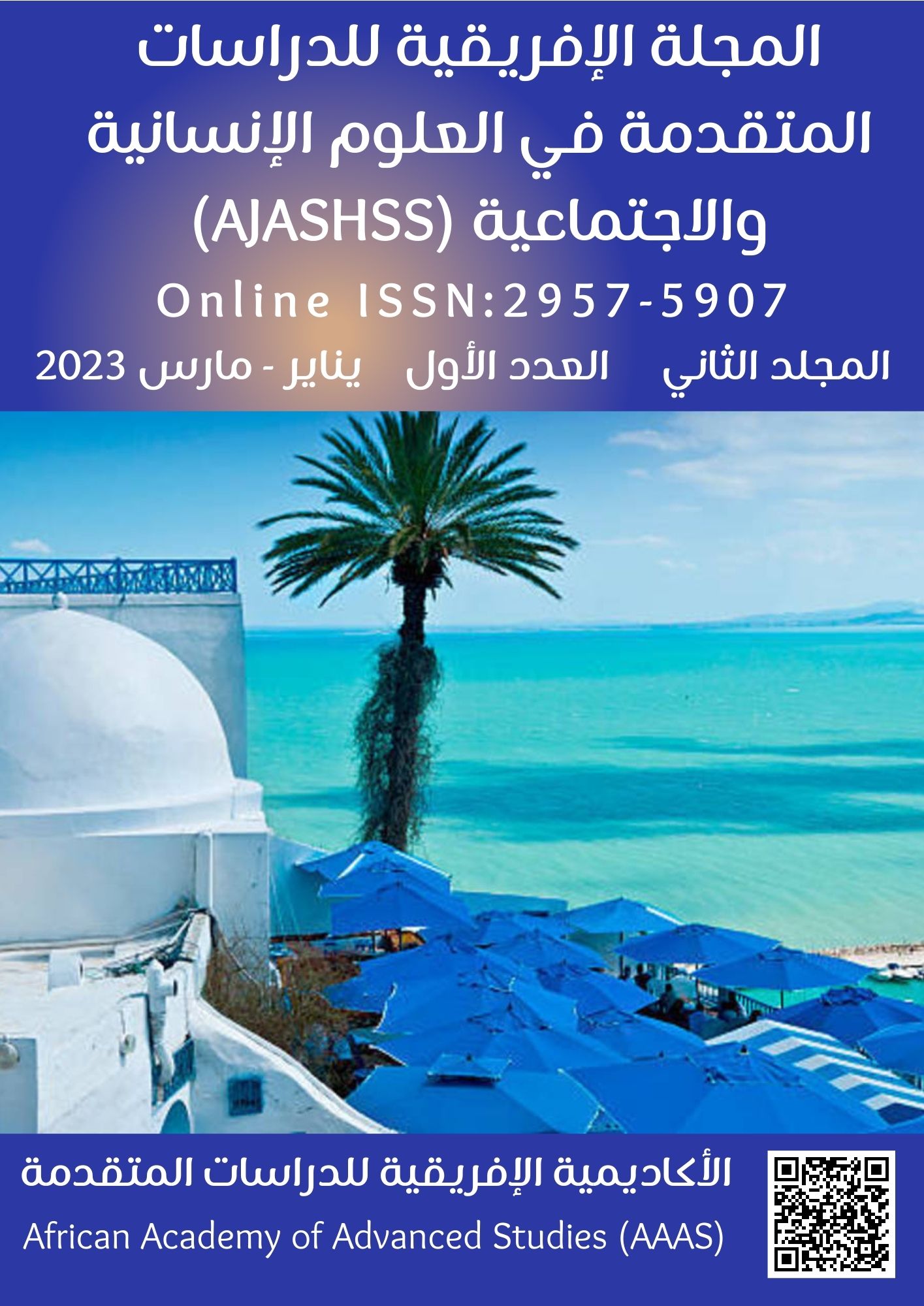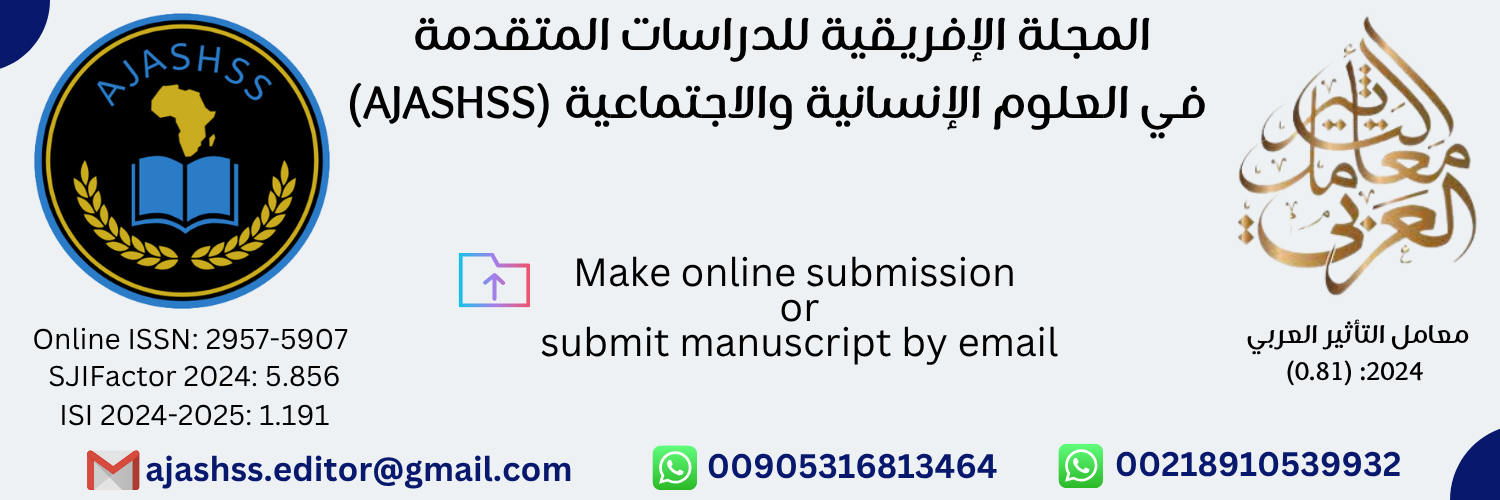Culture-Based Difficulties in Translation
الكلمات المفتاحية:
Culture، Language، Translation، Untranslatabilityالملخص
This article is about culture-based difficulties in translation. Adopting an analytical approach, this paper runs into three major sections. The first section focuses on language, culture and translation. The second section is about untranslatability. The third section sheds light on cultural representation in translation. The article concludes with key findings about the duality of individualism and collectivism in relation to culture, representation and translation. It provides recommendations for future researchers interested in writing about these topics. It begins with definitions for language, culture and translation. Language is a means of communication that has a set of descriptive and prescriptive rules. Culture is a way of life. Translation is about the encounter of language and culture to convey a message between encoders and decoders. The translator is the operator of this process whose major task is to be faithful in rendering the meaning and the form of the source text into the target audience. This paper highlights the challenge that translators face during the process of translation. Some translators are accused of reproducing texts or domesticating them. In other words, translators may play the roles traditionally played by ex-colonizers on ex-colonized people. This argument is illustrated in reference to the classification of translators as cultural mediators who act to empower source texts and disempower the target ones, or vice versa. This work, then, tackles several culture-based difficulties, which impede the work of translators. In this respect, it provides examples from Arabic and English. Additionally, it highlights the issue of untranslatability, cultural representation of the self, the other, and the lack of context, as in machine translations.
منشور
كيفية الاقتباس
إصدار
القسم

هذا العمل مرخص بموجب Creative Commons Attribution 4.0 International License.






